If you're used to browsing through Amazon and spending time adding multiple items to your cart without ever actually buying anything, like me, lately, you've probably seen a tab on the front page of Amazon compelling you to donate to the American Red Cross for humanitarian aid in Haiti after Hurricane Matthew.
It struck me just how good of a marketing strategy that was while I was browsing through house decoration stuff, considering that people feel guilty for buying for themselves and not donating a small amount to Hurricane Matthew relief.
As I added yet another cute desk lamp to my cart, I remembered seeing similar Red Cross ads at Apple's and even T-Mobile's official websites asking for donations. I remember thinking, "Red Cross must've received a lot of money and they will do helpful work in Haiti."
As I looked into past Red Cross relief responses, I saw just how wrong I was.
Truth is, there have been several cases of scams and organizations that take relief donations and use it for personal gain, doing "relief work" for show and not making a difference in the victim's lives.
The American Red Cross is one of them.
Disaster Relief, according to New World Encyclopedia, is "responding to a catastrophic situation, providing humanitarian aid to persons and communities who have suffered." The Red Cross is the original international relief society, created as early as 1863 to help and protect wounded in war. It was neutral and in benefit of the victims of conflict, and only them.
Being the first organization, the Red Cross has inspired many others to make a difference for victims of war and natural disaster. They were cherished for their work and expanded their name to several branches worldwide. The world donated to the Red Cross so they could help people in need when disasters struck. We trusted them.
In 2010, a 7.0 earthquake hit Haiti. The already weak justice and public security system there couldn't handle the aftermath of the quake that left an estimated 250,000 dead and more than 1.6 million homeless. And so, the whole world saw whole cities destroyed, people in provisional camps suffering from disease and the heart-breaking stories of families losing everything to that disaster.
People did what they often do seeing disasters from the TV: in hopes that they would help the victims find some kind of solace after such disaster, they donated to the Red Cross.
In a huge campaign, the Red Cross promoted videos of celebrities endorsing the organization, solicited text donations and used other efficient marketing tools. And they raised around half a billion dollars for Haiti's relief, more than any other charity. The Red Cross was the "go-to" charity because of its history and fame.
They promised to use this money towards the construction of permanent communities, "building infrastructure" like water, sanitation, roads and houses. And so, Americans who donated their hard-earned money breathed in relief as they were helping, to some extent, the process of recovery in Haiti.
In years after the shattering earthquake, many promotional materials were created: videos with big numbers of people aided and the efficiency of projects in Haiti. The Red Cross was helping Haiti "get back on its feet." And they said 91 cents for every dollar donated was spent on aid relief.
Oh, but how wrong they were.
From $500,000,000 dollars raised for Haiti relief, statements from 2015 say that at least $125,000,000 was directed towards internal expenses. 125 million dollars spent on staff, rather than victims. Besides that, the American Red Cross has $70 million unaccounted for. They promised that money was spent towards their multiple programs in Haiti, but failed to provide proof for the Government Accountability Office.
In 2015, NPR and ProPublica uncovered that the American Red Cross has managed to build only 6 permanent houses in Haiti with the money they were given for a project when they promised 700 of them by 2013. "Other groups also ran into trouble with land titles and other issues. But they also ultimately built 9,000 homes compared to the Red Cross’ six," said the article.
Laura Sullivan, a correspondent for NPR, said in an interview that out of the 130,000 people the Red Cross "provided housing" for, the vast majority were people "who went to a seminar on how to fix their own homes" or got temporary rental assistance or received temporary shelters that easily disintegrate.
The 130,000 people helped were physically translated into six houses.
Other scandals involving the American Red Cross during Superstorm Sandy and Hurricane Isaac in 2012 were also uncovered by NPR and ProPublica. Their findings include that donated money was spent in public relations efforts and even that Red Cross' trucks would drive around with virtually no aid tools inside, "just for show."
As we see 350,000 Haitians struggling in 2016 just to survive in the wake of Hurricane Matthew, we want to help them in any way we can. And one of those ways is ignoring the American Red Cross' ads on Amazon and actually looking into where your money is going to.
The thing about big international relief organizations is that they have too much staff and too many expenses for donations to actually be optimal. Even as they make donating really easy, your money is not being efficiently donated where you want it to. The same thing goes for small organizations, since they don’t have enough staff to actually make a difference.
Donating money to medium sized organizations is what people should be doing. Seeing that Haitians are struggling to survive and that more than 1000 people lost their lives due to Hurricane Matthew, Haiti is in dire need of assistance, and we should open our hearts to the right organizations for it. Hope for Haiti and Partners in Health are good examples of organizations who have an excellent track record in relief work.
The American Red Cross has failed Haiti once, we cannot give them the power to do so again.




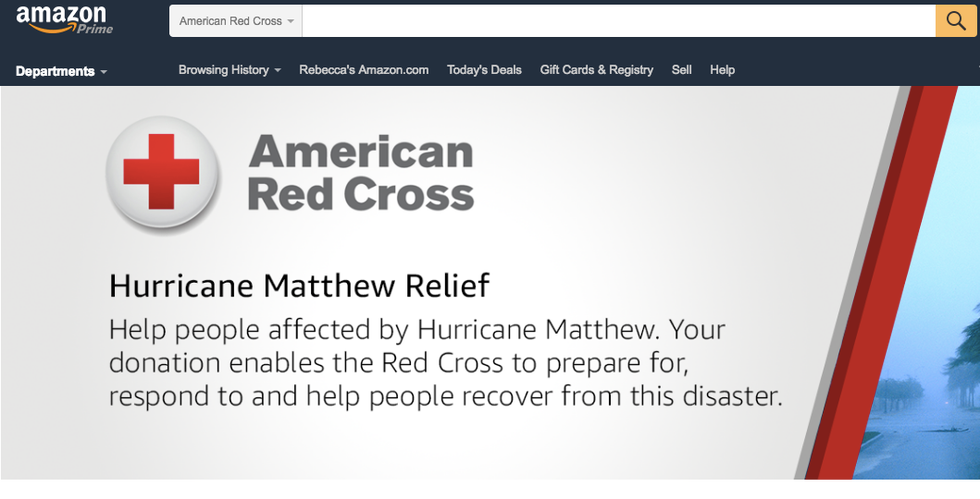

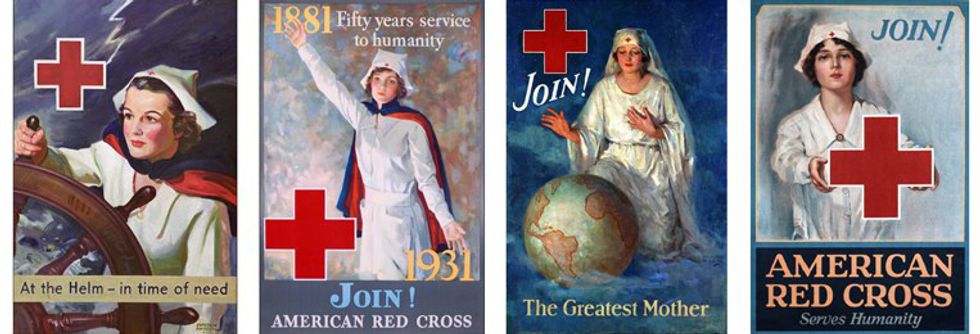
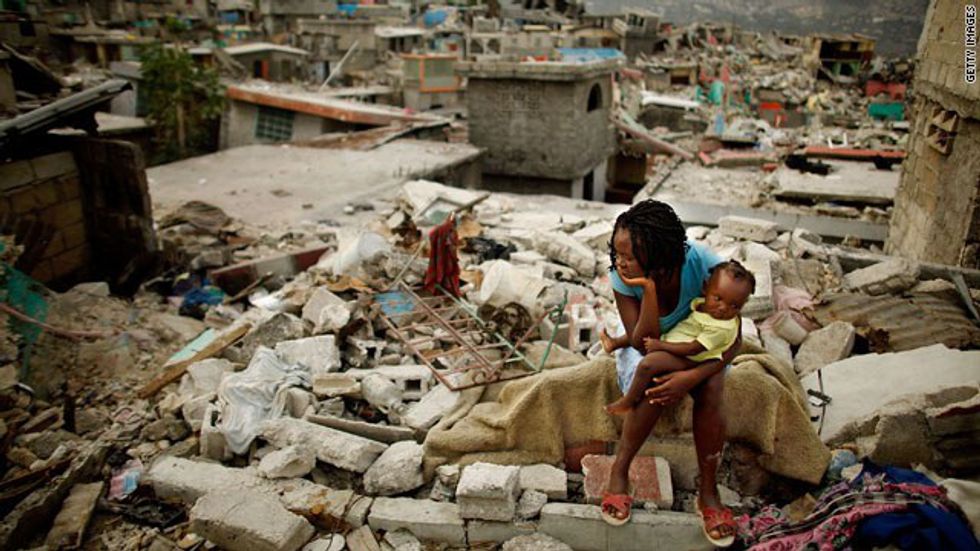
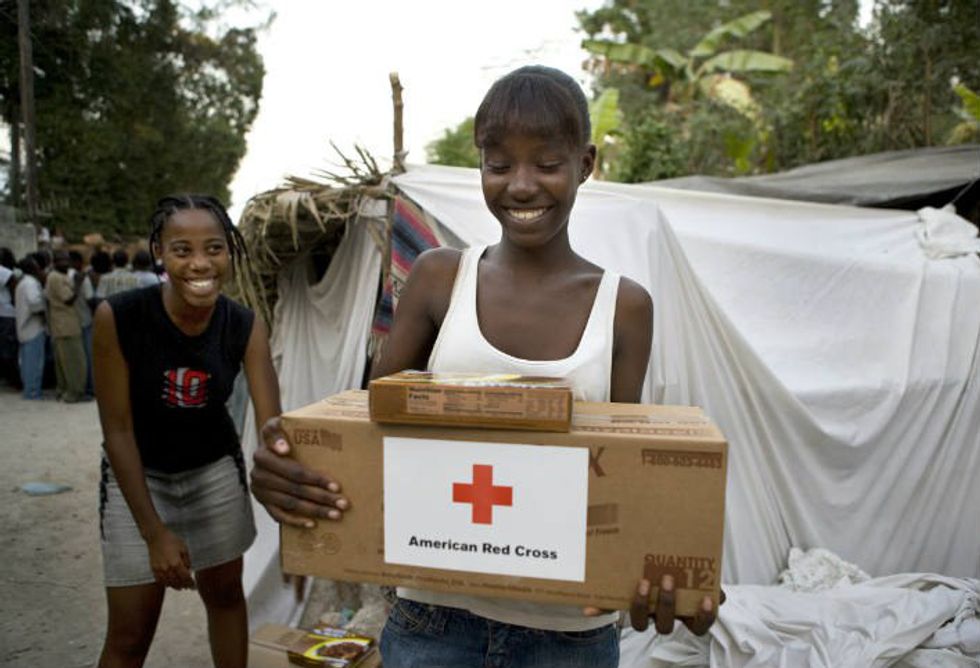
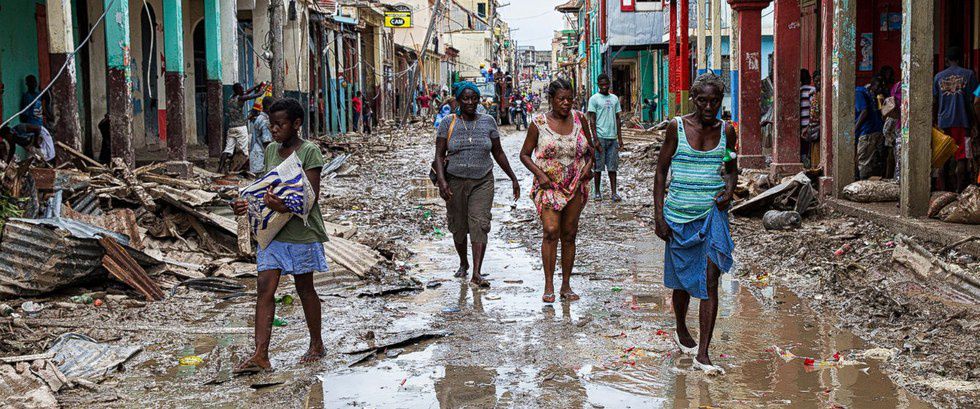




 The minimum wage is not a living wage.
StableDiffusion
The minimum wage is not a living wage.
StableDiffusion
 influential nations
StableDiffusion
influential nations
StableDiffusion












